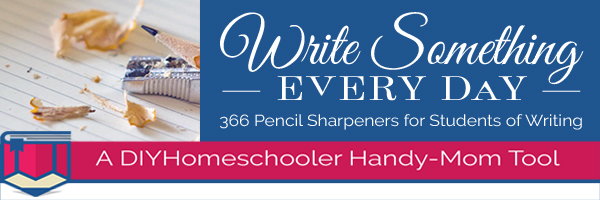
Back when many of us were trying to figure out this homeschooling thing, the works of John Holt bubbled up to the top of a rather diverse collection of educational philosophies. We had just left the institutional public school system. We knew what that was about and we knew we desired something different. Something far more effective. But what did it look like? That was the elephant in the room. How Children Learn by John Holt was one of the dozens and dozens of books I read to find answers to that question.
One huge takeaway from the book (and others written by John Holt) is that learning happens best in an environment conducive to learning. This can look like many different things. But those things will share the common denominator of an encouraging atmosphere where a child is encouraged to explore his interests.
Holt was obviously a very gifted individual. His principles will work very well for gifted children. Other children, for one reason or another, may need some hand holding to move toward using their skills and learning all of the time.
This edition of How Children Learn copyrighted in 2017 was the 50th anniversary edition of the book. The longevity of the work speaks to its continuing relevance.
In the end, the works of John Holt (who died in the 80s) became associated with the “unschooling” movement. Like every other thought theory out there, there are things we can learn from unschooling. We don’t have to accept the whole. We can pick and choose those elements that work for us in our environment.
In addition, all children need training. As mentors, we can provide a framework that keeps them moving toward. (You might enjoy reading For the Children’s Sake by Macaulay for balance.)
The problem with all such research and researchers is that, even with sixty-four-channel helmets, the data is so crude compared to the activity. The living mind probably processes (to use their way of talking) many hundreds of thousands, perhaps millions of bits of information every second. Making judgments about how the mind or the brain (they’re not the same) works on the basis of a few (or even sixty-four) squiggles on a chart is like deciding what lives in the ocean by lowering and then pulling up a five-gallon bucket and seeing what you can find in it.
Nor is the situation much improved by using bigger buckets. You won’t find out that way. Learning about the mind is a lot more like learning about the ocean than figuring out how to start a car. The only way we will ever learn much about it — and even this will be highly incomplete and uncertain — will be to dive, swim about, and see what we can see in the deep waters of our own thoughts.
How Children Learn
John Holt wrote other books worth scouting out if you enjoy How Children Learn. The most helpful to home educators is Teach Your Own co-written with Pat Farenga, which covers the practical side of applying educational ideas.
Home educating can be a daunting task. But it can also be an exciting adventure. Understanding how children learn can make the difference.
Additional Resources
6 Ways to Encourage Your Children to Pursue Their Interests
5 Steps to Developing a Lifelong Learner
Teach Your Own by John Holt and Pat Farenga
Updated classic.










You must be logged in to post a comment.